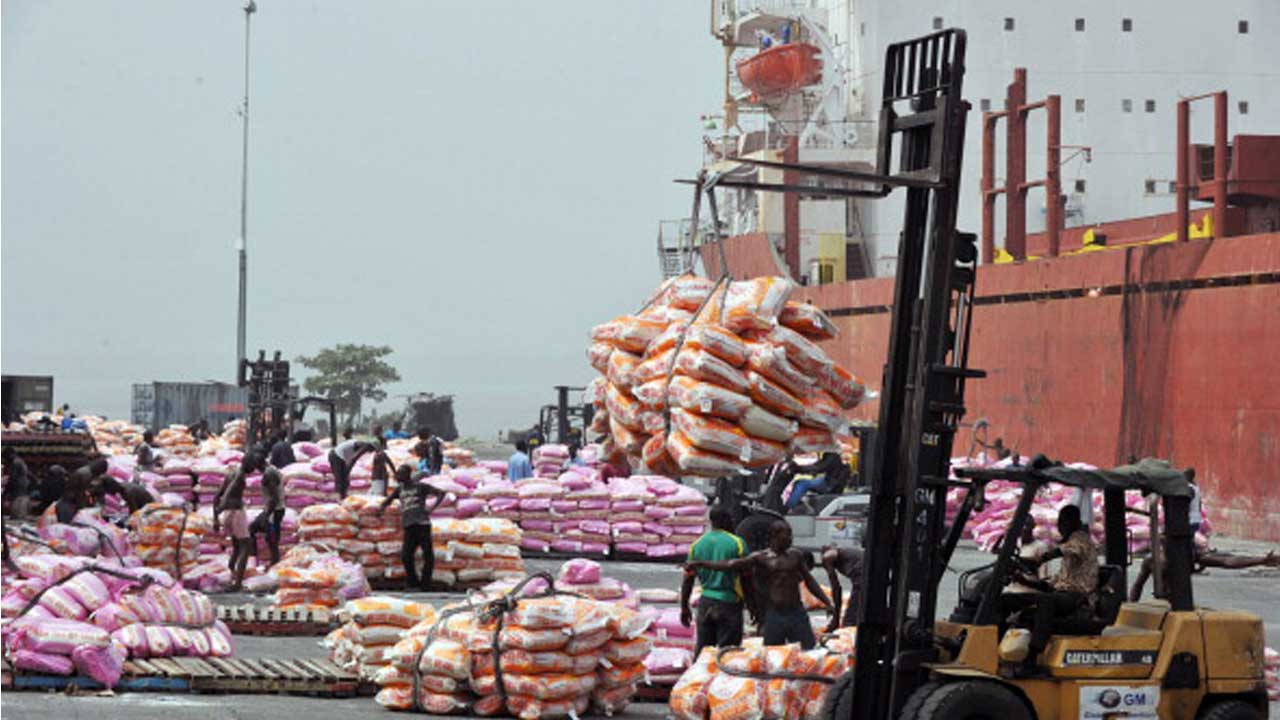 As Nigeria’s trade with the Economic Community of West African States (ECOWAS) hit N2.41 trillion in 2023, stakeholders have advocated increased regional commercial activities.
As Nigeria’s trade with the Economic Community of West African States (ECOWAS) hit N2.41 trillion in 2023, stakeholders have advocated increased regional commercial activities.
At a two-day workshop, comprising participants from regional civil society groups, policymakers, representatives of the bloc, academics, development practitioners, non-governmental organisations and other stakeholders, they maintained that trade remains the backbone of West Africa’s integration.
The event, which held in Abuja with the theme, ‘West Africa under ECOWAS Vision 2050 and the Role of Civil Society’, was put together by the West African Civil Society Initiative (WACSI) with support from Open Society Foundations (OSF-Africa), Oxfam West Africa (Sahel Programme) and ECOWAS Commission.
Speaking, the Head of Policy Influencing and Advocacy Unit of WACSI, Omolara Balogun, explained that the programme was to spark transformative discussions on the new ECOWAS Vision 2050 development agenda and the strategic role of civil society for effective implementation.
She listed the outcomes from the workshop to include a deeper understanding of Vision 2050, enhanced civil society commitment and ownership of the vision, as well as the identification of strategic actions to increase civil society’s contributions to its implementation.
Balogun pointed out that the gathering marked a renewed partnership and collaboration between WACSI and the Office of the Vice President of the ECOWAS Commission in the collective pursuit of the ‘ECOWAS of People’ through the effective popularisation and operationalisation of Vision 2050 among community citizens.
In their separate remarks, Acting Principal Programme Officer for Monitoring and Evaluation at ECOWAS Commission, Abiodun Abolade, and Oxfam Country Director, Nigeria, Hamzat Tijani, canvassed increased trade among member countries.
They explained that Vision 2050 seeks to consolidate the gains of Vision 2020.
Abolade said: “We will increase the level of trade. We are at 12 per cent right now. We are looking at increasing it further. We have put a lot of instruments in place to make sure that we see those improvements, and we have seen significant improvements in terms of how member countries trade with one another.”
Launched in February 2021, ECOWAS Vision 2050 emerged as a transformative strategy to redefine the regional landscape, steering it towards economic prosperity and political prominence.
The idea is anchored on five core pillars: peace, security, and stability; governance and the rule of law; economic integration and interconnectivity; transformation, inclusive and sustainable development; and social inclusion.
A National Bureau of Statistics (NBS) report showed that ECOWAS nations accounted for 52 per cent of Nigeria’s trade in 2023.
The data indicated that the total volume translated to N2.41 trillion in revenue in the period, a short drop from the N2.46 trillion recorded in 2019 before the outbreak of the COVID-19 pandemic.






